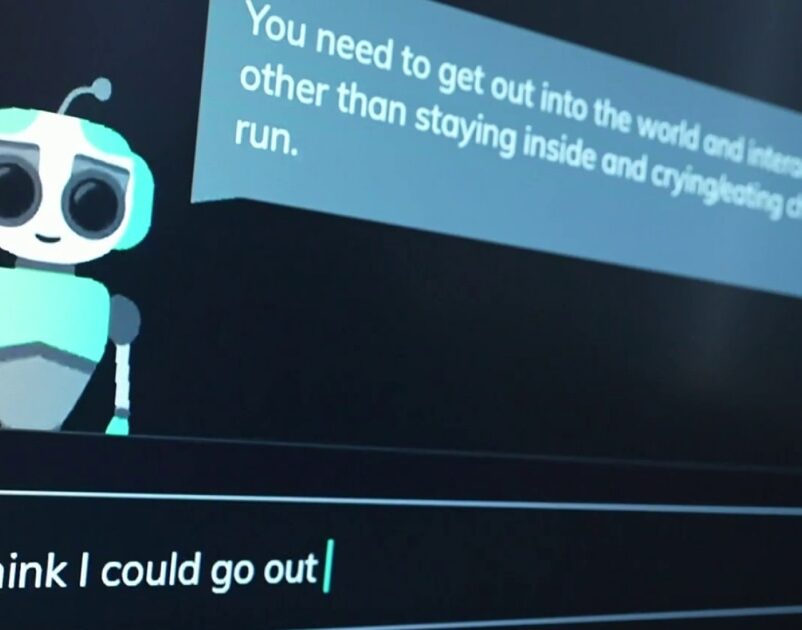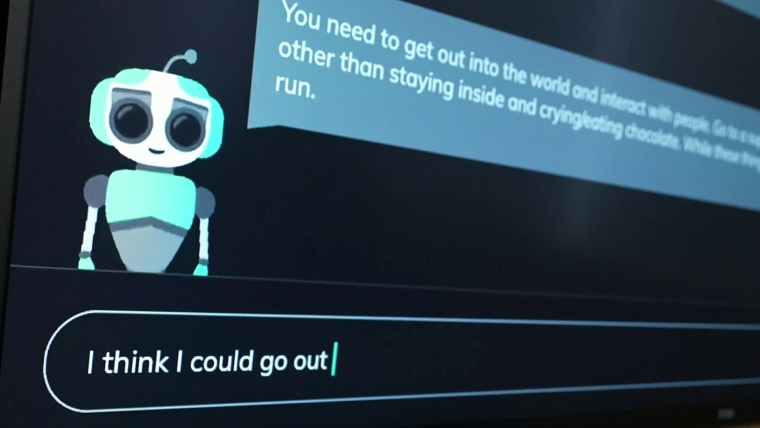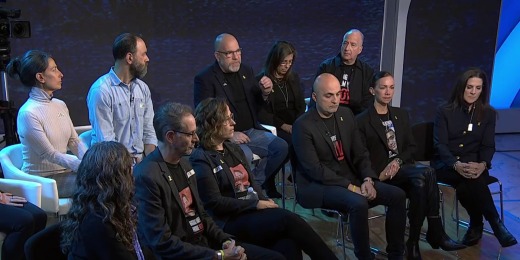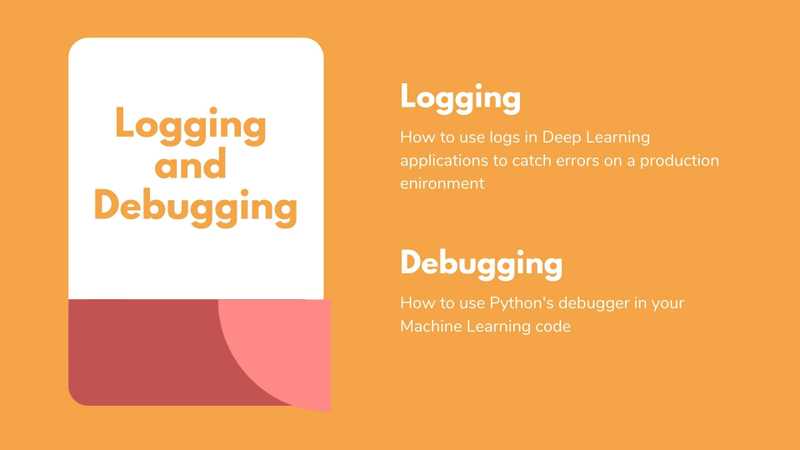
IE 11 is not supported. For an optimal experience visit our site on another browser.

-
Now Playing

Can artificial intelligence help people with their mental health?
02:29
-
UP NEXT

Family members of Gaza hostages speak out almost 6 months after terrorist attack
06:29
-

Anticipation of total eclipse creates boom towns in its path
01:34
-

Israel’s military dismisses 2 senior officers over killing of Gaza aid workers
01:39
-

Magnitude 4.8 earthquake rattles East Coast
02:02
-

Violent weather causes severe airline turbulence
01:29
-

Lawyer says NFL star Rashee Rice was driving car involved in Dallas crash
01:38
-

Desperate search for trapped earthquake victims in Taiwan
01:38
-

Stronger marijuana linked to more psychosis in teens
02:38
-

Election workers face growing security threats
01:43
-

Biden takes tougher tone in phone call with Israel’s Netanyahu
02:27
-

Brothers half a world apart start Gaza soup kitchen to feed those caught in war
01:44
-

Seven women sue Tennessee after being denied medical exemption under state’s abortion ban
02:00
-

Growing outrage after deadly Israeli strike on aid workers
02:22
-

Major storm pounds East Coast after bringing severe weather to the Midwest and South
02:12
-

Uganda court upholds most of country’s anti-LGBTQ law
02:24
-

Deadly earthquake in Taiwan traps dozens, causes widespread damage
02:12
-

Oklahoma town votes to recall city commissioner linked to white nationalist group
02:29
-

Big Texas egg producer tries to stem Avian flu spread
01:40
-

American cruise passengers faced travel nightmare after being left behind
01:36
-
Now Playing

Can artificial intelligence help people with their mental health?
02:29
-
UP NEXT

Family members of Gaza hostages speak out almost 6 months after terrorist attack
06:29
-

Anticipation of total eclipse creates boom towns in its path
01:34
-

Israel’s military dismisses 2 senior officers over killing of Gaza aid workers
01:39
-

Magnitude 4.8 earthquake rattles East Coast
02:02
-

Violent weather causes severe airline turbulence
01:29



